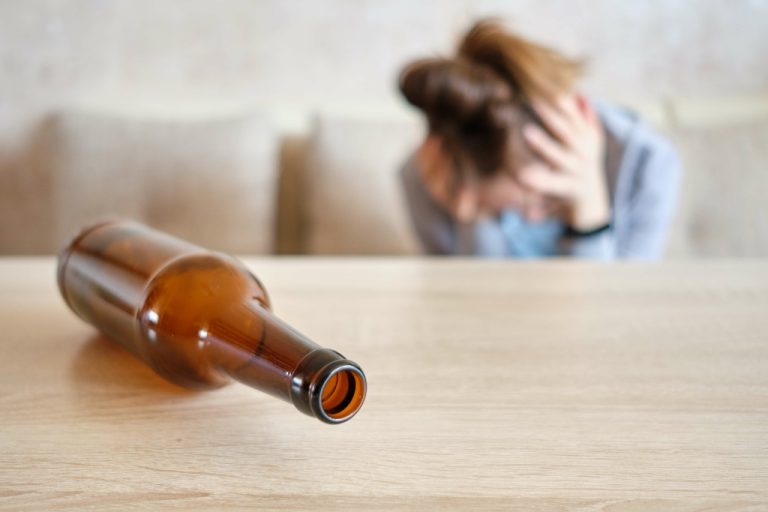For instance, CBT aims to change harmful thought patterns that contribute to substance use, while DBT focuses on managing intense emotions and improving relationships. Even treatment professionals may differ in their definition of sobriety. In the broadest terms, it simply http://isbranoe.ru/content/uznala-amerikanka-chto-v-rosii-dlina-penisa-zavisit-ot-razmera-obuvi means recovery from alcohol or drug addiction. If you dig deeper, however, you’ll find that sobriety is more than a definition or a mental and physical state.
Is sober the same as not drinking?
- Setting small, achievable goals can help you stay focused on the long term.
- “When we look at emotional sobriety, we’re looking at emotional identification, emotional regulation and regulating behaviors related to emotions,” says Fry.
- No matter which pathway of recovery a person chooses, a common process of change underlies them all.
- Finding the right fit in a treatment program to overcome substance use disorder is vital to your recovery.
For many, returning to daily life after treatment means returning home to family, which is why family can be the strongest social support system. However, relationships within the family may have been impacted by substance misuse and therefore, require mending. They may also benefit from seeking their own support in a family program like Al-Anon or Nar-Anon.

What Are Other Tools And Strategies For Maintaining Sobriety?
On the Mental Health http://www.infopiter.ru/business/bus3.html front, sobriety allows for clearer thinking and emotional balance. Many people use substances as a way to self-medicate for conditions like anxiety and depression. Sobriety, coupled with therapy, addresses the root causes of these conditions.
What are the Benefits of Maintaining Lifelong Sobriety?
Remember to care for yourself, seek supportive relationships, and consider seeking help from a therapist. Many people who misuse alcohol or drugs have trouble dealing with anger. If left unchecked, anger https://esenin.ru/o-esenine/gibel-poeta/lagunovskii-a-prichina-samoubiistva-sergeia-esenina can have a negative impact on your health and your lasting sobriety. A therapist can help you learn new coping skills, develop new thinking patterns, and address any co-occurring mental health conditions that may make recovery more difficult. The medication and treatment plan your healthcare providers recommend can depend on several factors, such as the type of substance you’re using, your health status, and the goals of treatment. Medications are also available to help treat addiction to alcohol and nicotine.
- Student athlete Santiago Lozano has also turned to sobriety after a period of heavy drinking.
- Setbacks don’t erase progress, though, and they don’t mean you’ve “failed” to stay sober.
- We do not receive any fee or commission dependent upon which treatment or provider a caller chooses.
- Engaging in group therapy or support groups like Alcoholics Anonymous (AA) or Narcotics Anonymous (NA) provides a sense of community and shared experience.

Eating nutritious meals and getting plenty of rest are important for good health. Many people neglect their health while they are in active addiction. If this is the case for you, recovery can be an opportunity to attend to health issues that may have gone untreated in the past. While rehab and treatment are essential steps at the beginning stages of recovery, it’s important to look into the future and plan for a drug- and alcohol-free lifestyle in the long term.
What Happens to Your Body After 3 Weeks of No Alcohol?

Once you do return to work, it’s important to create a budget and take steps to safeguard yourself as work stress can be a relapse trigger. Consider reaching out to a vocational rehabilitation counselor or career coach to help you update your resume, practice job interview skills, and locate jobs that match your skills and experience. Financial troubles and problems finding and keeping employment are major triggers for relapse, but it is possible to take baby steps and get your finances in order.